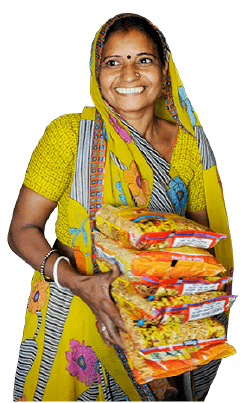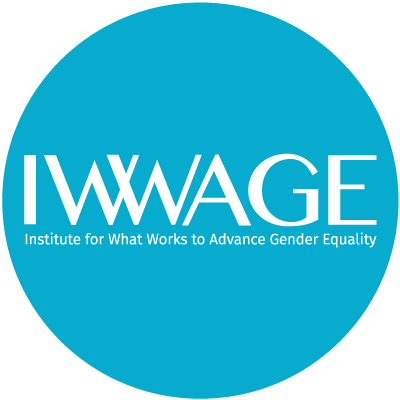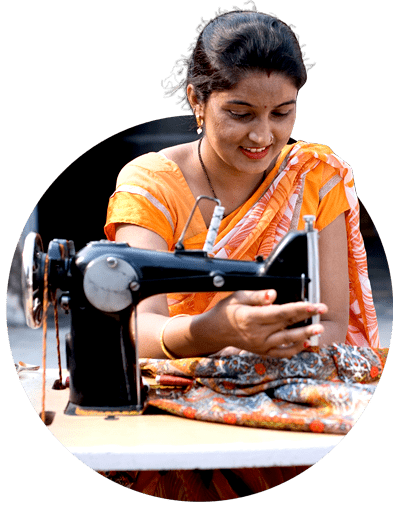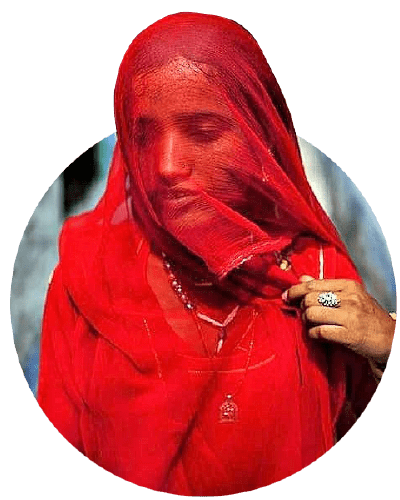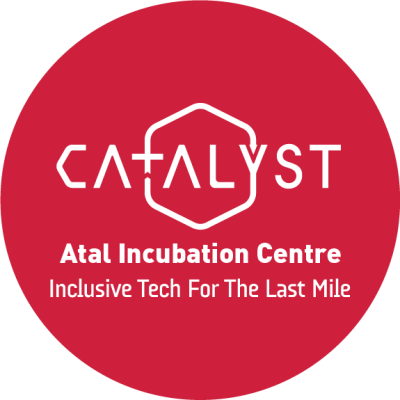
Mahima Taneja
Associate Director, Research & MLE (Gender x Digital hub)
Mahima Taneja leads research and monitoring, learning & evaluation for the Gender x Digital (GxD) hub at LEAD. She brings over a decade of experience in research and evaluation, with work spanning gender equality, urban policy, WASH, and adolescent sexual and reproductive health.
Previously, Mahima worked with the Gates Foundation in India, managing multiple evaluations under the Women’s Economic Empowerment and Inclusive Financial Systems portfolios. She has also held roles at Sambodhi, ISST, and Oxfam India, and is an active member of the Evaluation Community of India.
Mahima holds an M.A., M.Phil., and Ph.D. in Political Science with a specialisation in Gender Studies from Jawaharlal Nehru University, New Delhi, where her doctoral research explored the gendered politics of urban public spaces. She has taught at the University of Delhi and published widely on feminist evaluation, inclusive cities, and women’s movements in India.


